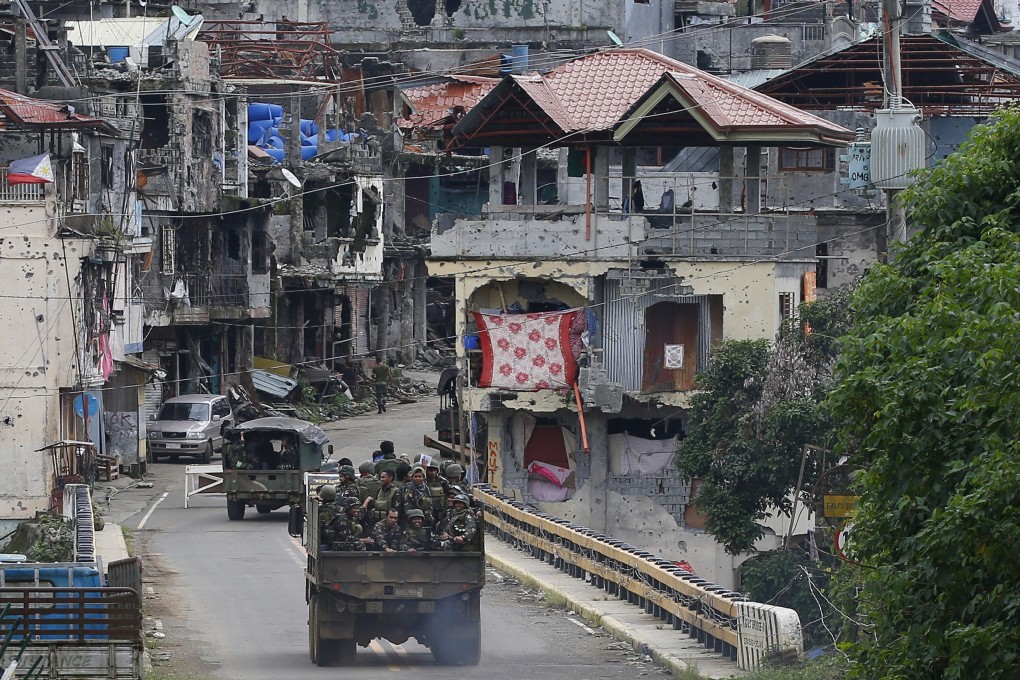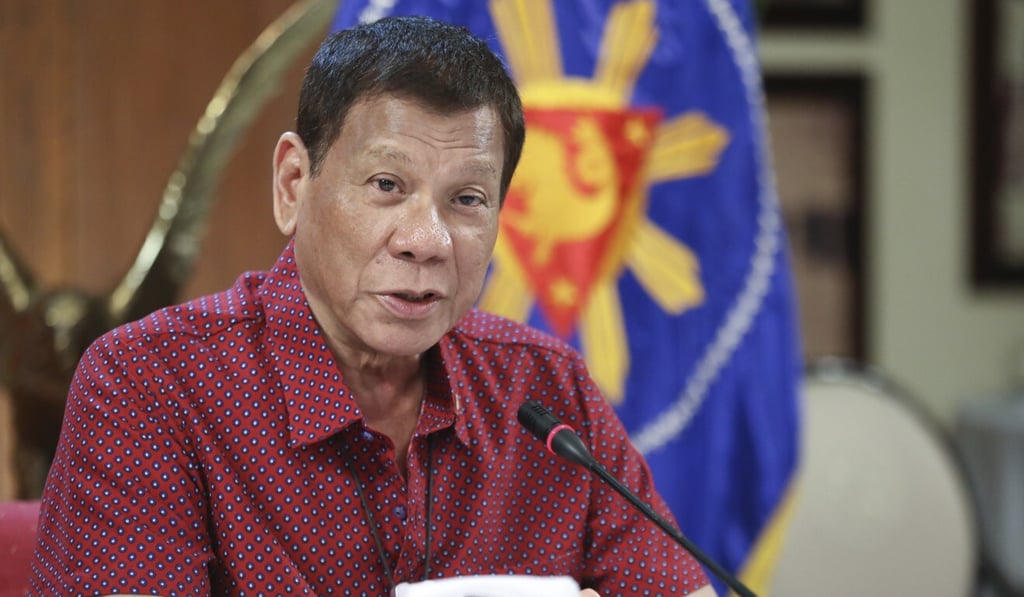Philippine Congress approves anti-terror law more ‘urgent’ than coronavirus
- Critics fear the Anti-Terrorism Act – which expands the scope for warrantless arrests – will be used against the government’s political opponents
- It now needs only the signature of President Rodrigo Duterte to become law

The Anti-Terrorism Act of 2020 allows for warrantless arrests, 14-day detentions without charge and the creation of an Anti-Terror Council. The government insists the measures are aimed at combating terrorism but activists fear the vague definition of “terrorist act” used in the act means it could be used to clamp down on political opponents.
Duterte said this was to “contain the menace of terrorists acts for the preservation of national security and the promotion of general welfare”.
However, Vice-President Leni Robredo questioned the government’s priorities: “I hope each institution would devote its entire attention to the most pressing and immediate needs. What I can say about the Anti-Terrorism Act of 2020: not one of the needs I mentioned [the lack of public transport and the goal of 30,000 coronavirus tests daily] can be met by this law”.
